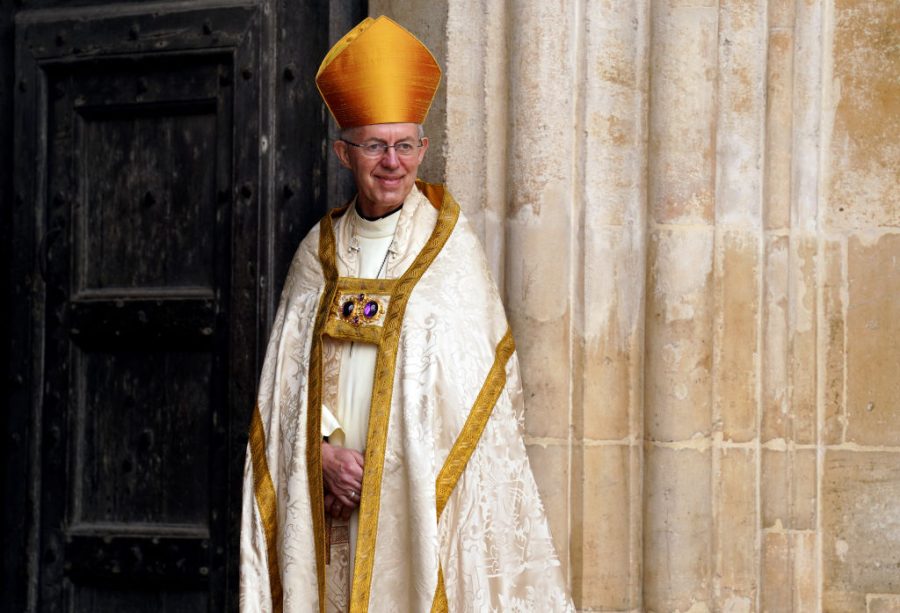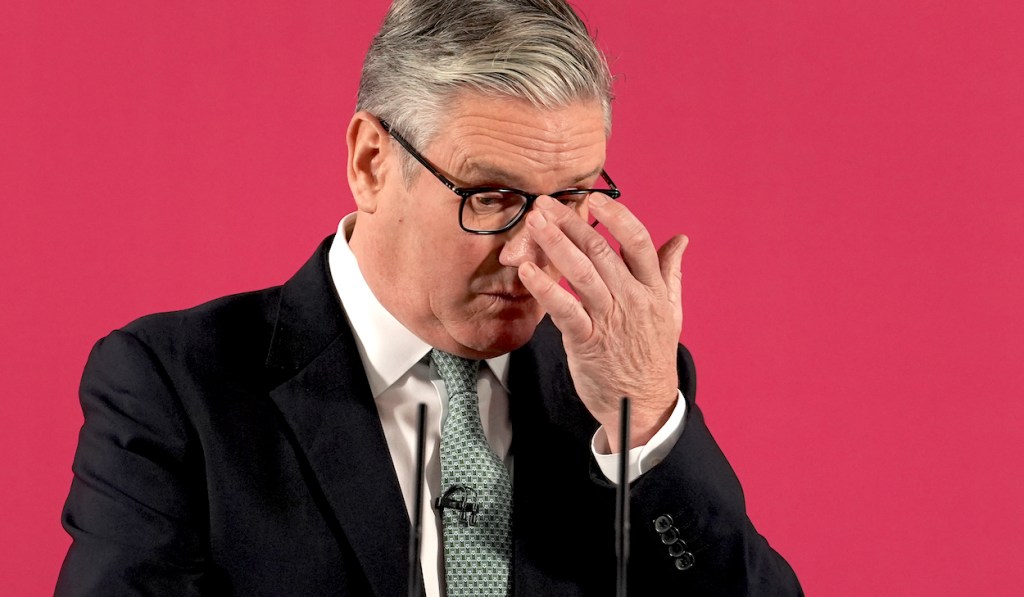The Church of England website features a public consultation closing on 28th March on what qualities should be looked for in the 106th Archbishop of Canterbury. But aren’t the Church’s staff meant to be the experts on God?
The Church, with all its committees, seems adept at diffusing and side-stepping responsibility. Could this be a fake consultation to make people think they have a voice? Then, whatever controversy nominees cause, the selectors can say, ‘Oh well, it’s what the public told us to do’ – with nobody able to prove otherwise. Moreover, respondents might not take seriously the task of choosing someone to follow in St Augustine’s footsteps. After all, in 2016, a public vote to name a new royal polar research ship was embarrassingly won by ‘Boaty McBoatface’.
Extraordinary circumstances can lead to the rise of exceptional leaders
Nevertheless, answering the survey is an opportunity worth taking. The CofE is widely acknowledged to be in crisis. It needs a leader with credibility who can inspire trust. The ‘upstairs church’ of bishops and bureaucrats seems divided from the grassroots ‘downstairs church’. This consultation, then, at least implies some willingness to listen.
The highly-federated CofE is an unusual organisation in that it is unable to rely on any command and control, especially with volunteers. Parish priests and volunteers need delegation, liberation and encouragement from above. But first, they need an Archbishop of Canterbury who is able to lead by inspiration. Secondly, they need him or her to lead it in the right direction, not further down the wrong path.
Under Justin Welby, we saw a managerial CofE which (as the 2023 accounts show) had been de-funding its front-line priests and adding administrative costs. The Church has put its trust in bureaucracy, duplicated in 42 diocesan regions. Now it needs to cut that bureaucracy by at least 50 per cent.
The Church of England needs a pastorally-minded leader who believes in the parish system and genuinely intends to change Church strategy. Its top priority must be reallocating central and diocesan resources to the provision of parish priests. Just about the only problem the Church doesn’t have is money. And yet the return on the centrally-held billions given to pay for parish priests is being redirected by its army of bureaucrats away from the parish system in an unbalanced way towards centrally-driven projects, innovation and more administration, accelerating parish decline.
After five years of the Archbishop of York’s self-styled ‘Vision and Strategy for the 2020s’, it is time to rebalance. Huge sums have been redirected with little to show for it (as evidenced by the independent report chaired by Sir Robert Chote and a more recent report called ‘New in the North’). Meanwhile, the large-scale cutting of parish ministry has added an extra layer of misery for the Church of England’s priests; applications for ordination have plummeted. We need someone who will give parish responsibilities to the nearly 1,000 ordained priests working in diocesan roles in order to address a growing recruitment crisis.
The Archbishop of York’s call to establish 10,000 ‘new worshipping communities’ felt far too ambitious for an organisation which only has around 12,000 parishes. It seems surprising in light of the potential safeguarding risks to have suggested that these new groups could meet in people’s sitting rooms. There is nothing wrong with innovations, unless they consume huge amounts of resources and time that could be better spent.
Parish priests tell me they want a new leader with long experience of parish ministry who is not currently panicking. As one priest puts it:
Financial self-flagellation and the implication that the only good diocese is basically one full of churches that can break even [locally], is creating a Church of England that I barely recognise: it’s a stupid metric to use.
Agreed; it’s like going to a well-stocked food bank and being told they only serve merchant bankers. He adds: ‘I don’t hanker after a mythical 1950s past, but I do want to save our parishes, I want to preserve what is good about parish ministry, even in the face of decline.’
Surveys show that poor parishes are those most likely to close. That is bad for communities; the social and economic value of UK parish churches is £55 billion per year, calculated on Treasury Green Book principles. If poorer churches close, those costs will land on the taxpayer.
We need an Archbishop who will turn the conversation towards community and away from individualistic identity topics. That would be a good starting point to help the health of society as a whole. We have too few doctors, teachers and priests; too many wannabes and fame-chasers. This seems to derive from modern narratives around the authentic self and people being encouraged to deify their own ego rather than do something useful to others. It would help for the Church to lead the way in recalibrating that approach.
We need the change of strategic direction more than we need a particular individual. It’s not a case of trying to force a square peg into a round hole; we need to change the shape of the hole.
But the challenge is to align the characteristics needed from a leader with a real person. Unfortunately, Welby packed the bench of bishops in his image. Although a successor for Archbishop is usually selected from among the diocesan bishops, the last thing we want is a continuity candidate. Almost by definition, anyone who has succeeded under Welby will not be suitable. If you are ‘tainted’ by the ancien regime, you are not the person to spearhead radical change.
There is a diocesan bishop who has, in a public lecture, dared to criticise the Archbishop of York’s ‘Vision and Strategy’. There is another diocesan bishop who seems to be the poster child for an integrated spiritual and financial strategy, in charge of a diocese which, although skint, does its best to keep parish priest numbers up. One snag might be that he does not ordain women. Personally speaking, apart from them, I see no current diocesan bishops who look likely to manage the current crisis by altering the course on the scale which is needed.
We need someone who the people can love, who can make the most of the spiritual leanings which surveys attribute to Generation Z. An internally-created crisis requires an external candidate and some creative thinking.
Extraordinary circumstances can lead to the rise of exceptional leaders. ‘Cometh the hour, cometh the man’ – or woman. Who is out there?
A clergy friend tells me of a much-loved canon professor who is unifying, disarming and able to make ideas simultaneously simple and profound. In the ‘nolo episcopari’ spirit which makes someone suitable for the role, he has always previously declined to be a bishop. Perhaps, then, putting the feelers out to the public is not such a crazy idea after all.







Comments